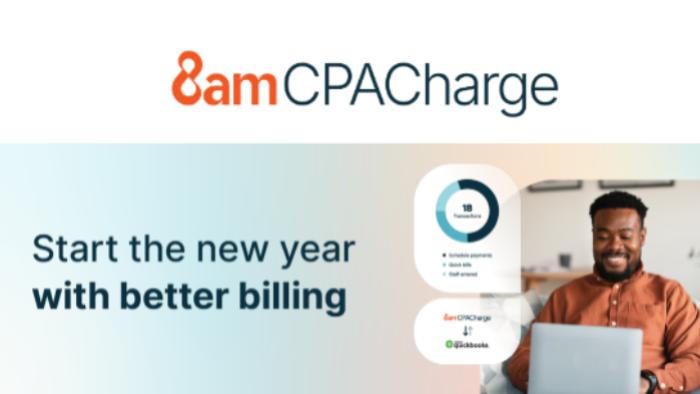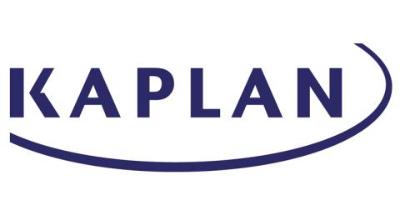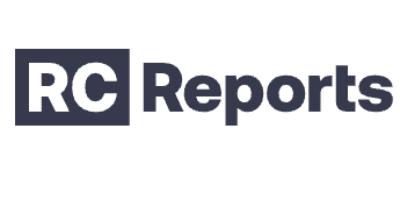How Does a Sole Proprietorship Differ from a Formal Business Entity?

It’s easy to define the biggest difference between a sole proprietor and a traditional business entity. A sole proprietor is not a legal entity.
What is a Sole Proprietor?
What does it mean to be a sole proprietor?
According to the IRS, a sole proprietor is defined as someone who owns an unincorporated business. It is an entity formation that is not legally separated from its owner. A sole proprietor is sometimes referred to as a default entity because most small businesses start off as sole proprietorships.
You may continue to run a small business unincorporated as a sole proprietorship. Or you may decide to incorporate or form an LLC. Let’s look at some benefits to being a sole proprietor and if you should pursue incorporating your business.
Sole Proprietor Benefits
There are several benefits in starting a business as a sole proprietor. This unincorporated business presents the following advantages to entrepreneurs.
Ideal for Low-Risk Businesses
Do you run a small business that is low risk, has a low financial overhead, or has limited growth potential? If so, your business might be a good fit for a sole proprietorship.
Many sole proprietors start as very small businesses. These businesses go by another name: hobbies. Entrepreneurs will pursue a hobby they enjoy with a small customer base that shares the same interests.
This changes as the business starts to engage in business activity. Once the business starts growing its customer base, earning a profit, and expanding its offerings, entrepreneurs start reporting this income to the IRS. The hobby officially graduates to a sole proprietorship.
The more the sole proprietorship grows, the more it may be necessary to consider incorporating or forming an LLC. However, businesses that wish to remain at a limited growth stage may choose to stay a sole proprietorship.
Light Paperwork
Incorporated business formations, like LLCs and corporations, require filing a bit of paperwork to set up these respective companies. Sole proprietorships, on the other hand, require much less.
Due to the unincorporated nature of a sole proprietorship, there is little filing paperwork involved to set up the business. Light paperwork also means that sole proprietorships run on the inexpensive side.
It’s a good pro tip, however, to consult a legal professional to determine if your sole proprietorship requires any additional assets. If so, remember to file for the appropriate items and pay any required fees.
Should You Incorporate or Form an LLC?
One of the biggest disadvantages to remaining a sole proprietorship is the lack of limited liability protection. This type of protection is only available to incorporated entities and creates a separation between the assets of the business and its owner. Without limited liability protection, the sole proprietor’s personal assets such as houses and cars may be at risk in the event of an unforeseen circumstance like a lawsuit.
Further, tax bills are often much more expensive for a sole proprietor. Sole proprietors are self-employed. They must be able to pay income tax and self-employment tax each year. In addition, should the business experience significant growth it may be difficult to receive funding from investors if the company remains in sole proprietor status.
The best approach is to meet and speak with a local CPA. They will be able to answer any questions you have about incorporating as a legal entity or remaining a sole proprietor.
Deborah Sweeney is the CEO of MyCorporation.com. MyCorporation is a leader in online legal filing services for entrepreneurs and businesses, providing start-up bundles that include corporation and LLC formation, registered agent, DBA, and trademark & copyright filing services. MyCorporation does all the work, making the business formation and maintenance quick and painless, so business owners can focus on what they do best. Follow her on Twitter @deborahsweeney and @mycorporation.
Share This Article
What's Trending?
Trending topics & tools for the CPA community
How Firms are Rethinking Reasonable Comp (Quick Video)
It’s a short video and makes the value of repeatable, data-backed approach clear (especially compared to spreadsheets, gut checks and one-off calculations).
Learn how 8am CPACharge delivers clarity and confidence for accounting firms.
8am™ CPACharge brings invoices, payments, and reconciliation together in a solution designed to make your day easier from start to finish.
Seniors on Social Security Could Face $460 Monthly Cut to Benefits
Jim Komoroski, RSSA®, is quoted in Newsweek, offering expert insight into the projected monthly cuts to Social Security benefits should Congress fail to act.
Resources
Valuable information provided by our sponsors.
Specialize in Social Security
Looking to enhance your retirement planning expertise? Your solution: pursue the Registered Social Security Analyst®...
CPAdirectory members have access to discounted auto and home insurance
At CPAdirectory, we think it's a good thing to provide our members with access to...
Free CPE Course: ChatGPT for Tax Pros — Limited Offer
CPAdirectory and CCH CPELink are giving you free access to the on-demand course: ChatGPT for...
PE Deals In Accounting: Valuations, Structure, Tradeoffs
In this webinar, you’ll hear from firm leaders and industry experts who will share real-world...
Stand Out as a Trusted Social Security Expert with the RSSA® Designation
Designed for CPAs, the Registered Social Security Analyst® (RSSA®) designation provides advanced training to help...
How Firms are Rethinking Reasonable Comp (Quick Video)
It’s a short video and makes the value of repeatable, data-backed approach clear (especially compared...












